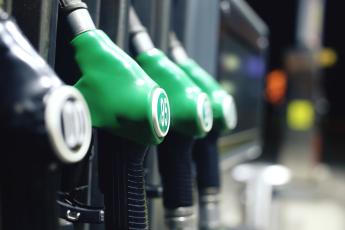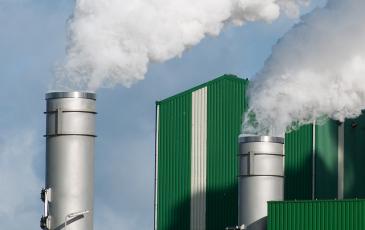RFS Announcement Another Trump Betrayal of U.S. Refinery Workers
WASHINGTON, D.C. – AFPM president & CEO Chet Thompson issued the following statement in response to EPA’s announcement this morning that it will reject all small refinery “gap year” requests for relief from Renewable Fuel Standard regulatory obligations and fast-track regulations to encourage the sale of more E15 gasoline.
AFPM Statement on Gap Year Waivers
WASHINGTON, D.C. – AFPM released the following statement today in response to media reports that the White House has instructed EPA to deny retroactive waivers to small refineries seeking hardship relief.
RFS: Fix the Mess
Ethanol is a valuable source of octane in fuel, but there is a limit to how much our gasoline can take. Today, there simply isn’t the fuel demand, infrastructure or consumer appetite to absorb an arbitrary 15-billion gallons of ethanol.
Resuming Operations After the Storm
In the early hours of August 27, Hurricane Laura came ashore as one of the most powerful storms to hit the United States.
A Gallon “Waived” Is Not a Gallon “Lost”
Congress designed the Renewable Fuel Standard (RFS) with an explicit directive for EPA to maintain relief lifelines for small refineries.
Why RFS Hardship Waivers DON’T Lower Ethanol Consumption
"Smaller” biofuel mandates due to compliance waivers have not reduced the volume of ethanol consumed in the United States — a fact government data affirms. Here’s why.
RFS ‘Gap Year’ Waivers, Like All Small Refinery Exemptions, Do Not Impact Ethanol Blending
WASHINGTON, D.C. - AFPM issued the following statement about the ‘gap year’ applications that have been submitted by small refineries in order to make the case that RFS obligations in previous years have been a source of disproportionate economic harm.
Reinterpreting Statute for E15 Sales Violates the Will of Congress
AFPM provided the following statement regarding the unlawful move by the Trump administration to waive Clean Air Act rules and green light the year
Walk the Line: Practice sharing program enables industry-wide safety improvements
In advance of the AFPM Summit, AFPM Vice President of Technical and Safety Programs Lara Swett and Technical Operations Program Leader Alyse Keller talk about one of AFPM’s premier safety programs, Walk the Line.









